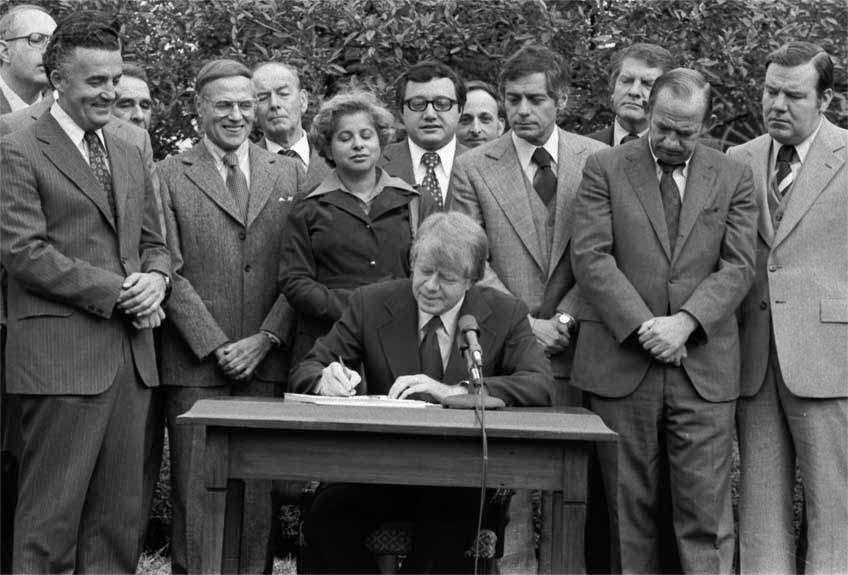
Modernizing the Community Reinvestment Act
The Community Reinvestment Act (CRA), enacted in 1977, is a critical tool throughout much of the country to ensure banks lend, invest, and provide services to low-income people. The CRA was brought about in part in response to the history of banks refusing to lend in what they deemed as the riskiest communities, often where many people of color lived. The history of discriminatory lending practices kept communities and generations of Black and brown Americans from having equal access to loans and mortgages. These actions left a negative ongoing legacy on homeownership rates and wealth-building across race and class. Moreover, because banks traditionally serve the areas around their branches, the legacy of banking discrimination has harmed certain geographies including but not limited to the Mississippi Delta, Appalachia, American Indian reservations, and predominantly Black and brown communities in our many American cities.
The CRA is in the process of being revised, and Fahe believes the CRA has the potential to help work towards healing the national history of discriminatory banking practices. The CRA can be expanded to better serve Black, brown, and low-income people in areas where banks make loans but do not have branches or make community-development investments. The CRA, on its own, cannot correct all the economic disadvantages these communities face. Yet the CRA, if reinvigorated, can encourage banks to greatly increase their lending and investment activities in underserved communities.
Many parts of the Appalachian region, like other small town areas in our country, face greater challenges when it comes to using the CRA to bring in new investment and banking services. While the CRA intended to improve access to economic tools and services in underserved areas, it has continued to fall short. In all of these places, people cannot build wealth and overcome systemic barriers without access to investment. Fahe works to incentivize bank activity and investment in underserved areas. To continue our work towards this goal, Fahe is making the following recommendations to the Federal Reserve regarding modernizing the CRA:
- Encourage banks to triple their lending, services and investment in underserved markets for underserved people.
- Modernize assessment areas to address historic underinvestment. Banks can be allowed to make investments outside of their traditional assessment area in “designated areas of need.” This will help ensure that small town, rural, American Indian reservations, persistently poor counties, and communities of Black and brown Americans become where additional CRA investment outside of banks’ traditional assessment areas is made.
- Ensure investments, lending, and banking services comprise community development activities. The influence of volunteering or serving on a board does not mirror the impact that actual dollars can have in underserved communities. The types of investments that qualify for CRA credit should be ones that deliver direct, meaningful economic change in communities.
- Community Development Financial Institutions (CDFIS) should not all be treated the same. CDFIs across the county have different access to wealth, bank investments, and deal sizes. A modernized CRA can reward bank investment in CDFIs located in and with long track records of serving the people with least access to investment.
Our region is one of beauty, talent, and potential, and is an important contributor to this country. The current CRA does not serve our region well, and we can move towards a more responsive and equitable CRA. Fahe has been working for 40 years to build the American Dream in Appalachia. CRA could be a much more constructive part of that effort, and we look forward to working with our federal agency partners to make sure the CRA delivers investment to communities whose great potential is not currently being met with sufficient attention and investment.
